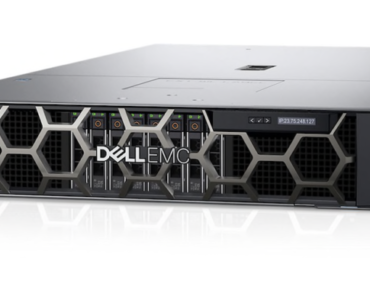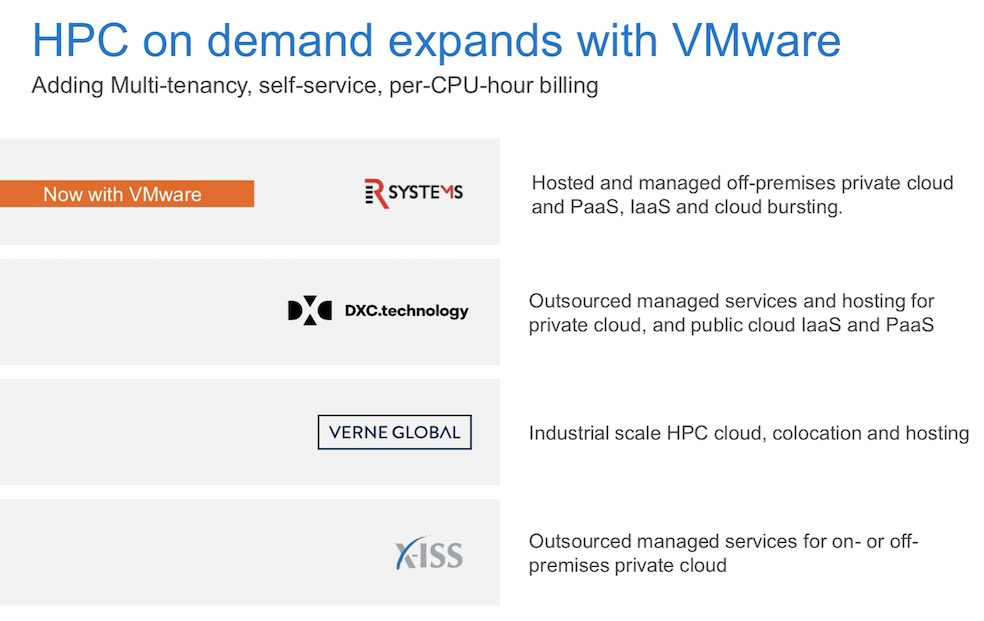Dell Expanding HPC-On-Demand And Server GPU Options, Debuting Omnia Software at ISC21

Dell Technologies is expanding its software product line with Omnia, a new software platform built to help enterprises solve their workload deployment and management requirements, while also providing ‘composable infrastructure’ capabilities. The vendor has also announced that it is boosting its HPC-on-demand services and server GPU options for customers.
Both announcements were made June 30 (Wednesday) at the ISC (International Supercomputing) High Performance conference, which is traditionally held in Europe as an international event and exhibition for high performance computing (HPC), networking and storage. This year's event, which continues through July 2, is being held virtually due to the COVID-19 pandemic.
For Dell, the Omnia news is the centerpiece of its ISC21 announcements.
“Omnia is an open source set of Ansible playbooks developed by Dell Technologies, our HPC and AI innovation team, in partnership with contributions from Intel and the HPC community," Caitlin Gordon, vice president of product management for Dell, said in a media pre-briefing. "It’s all about simplifying and easing the deployment and the management of high performance clusters [but] not just for HPC, but also for AI and data analytics workloads.”
Omnia is designed to "put the right software on each server based on your use case whether it’s HPC simulations [or] neural networks for AI and reduce your time to time deployments," said Gordon. "One of the coolest things about Omnia is that you can compose and recompose the stack based on what you need, really taking an infrastructure as code approach here.”
Dell also introduced an expanded “pay-as-you-go” HPC on demand offering for hybrid clouds that’s s now available for VMware users. “What we’re adding here is support for VMware, which gives us the ability to not only leverage and offer HPC on demand in a single tenant environment, but also multi-tenant environment. And that’s specifically combining VMware and our and our partnership with R systems,” said Gordon.
Mercury Marine, which builds propulsion systems for a wide range of boats and other marine craft, uses the Dell on-demand services for computer-aided hydrodynamic simulations for new designs that often require computing power beyond the company's in-house systems, according to Dell. Using Dell’s on-demand HPC infrastructure, Mercury Marine engineers can cut simulation time from 48 hours in-house to only two hours with HPC on demand, the company said.
“We’ve got a base level of computational availability on hand that we own, and, now with HPC on demand, we’re able to run simulations and workloads that just wouldn’t be possible on our existing infrastructure,” said Arden Anderson, an engineer simulation specialist with Mercury Maritime. “With Dell Technologies and R Systems, we’re able to handle more complex workloads and simulations in far less time.”
Dell also announced new Nvidia A30 and A10 Tensor Core GPU options for three models of PowerEdge servers ithat were introduced earlier in 2021. The new GPU options are available for Dell EMC PowerEdge R750, R750xa and R7525 servers. The Nvidia A30 GPUs support a broad range of AI inference and mainstream enterprise compute workloads, such as conversational AI and computer vision. The Nvidia A10 GPUs can support mixed AI and graphics workloads on a common infrastructure, imaking them useful for deep learning inference and computer-aided design.
This article first appeared on sister website HPCwire.












